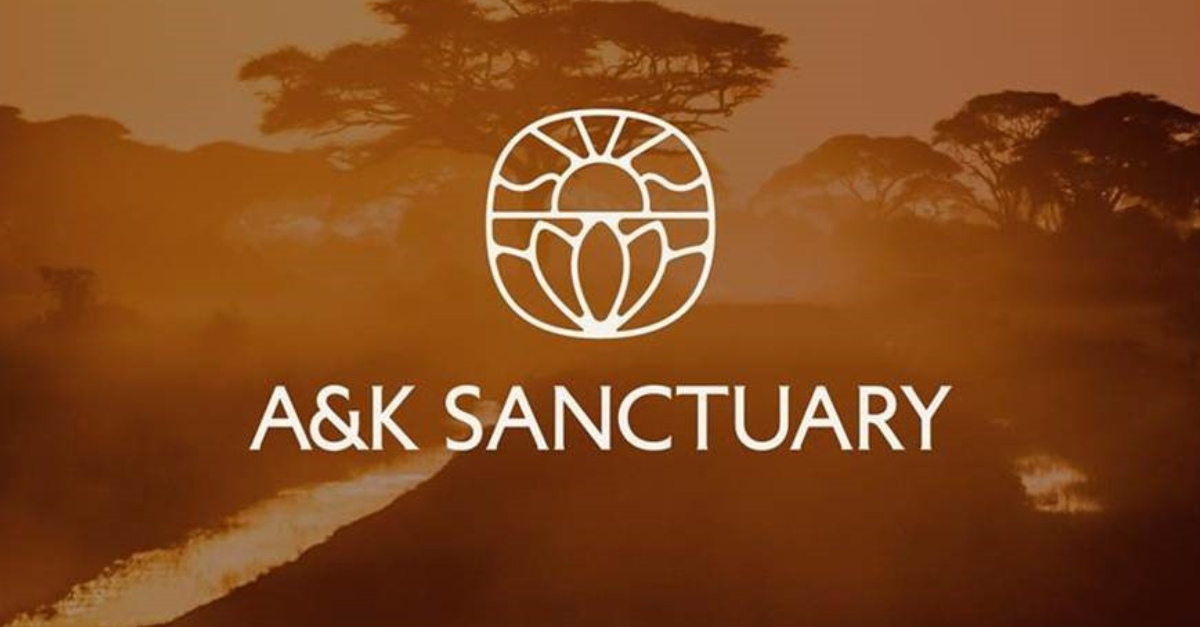You are viewing 1 of your 2 free articles
Analysis: Will Atol reform ever take off?
Process has stalled so long it may have stopped while only watered-down package travel reform appears on cards. Ian Taylor reports
Atol reform has been stalled since a Civil Aviation Authority (CAA) ‘Request for further information’ on proposals issued in January 2023.
That wrapped up in March 2023, with the CAA asserting “there remains a strong case” for reform. The Department for Transport (DfT) and CAA have been “considering the evidence from stakeholders” ever since.
The CAA noted at the time: “This work is complex and has taken longer than initially expected. We’ll need more time to ensure we get it right.” But more than two years on there is still nothing.
The process failed to move forward while the last government prepared for the 2024 general election, and the first 15 months of the current government has seen no movement despite the fact that Travel Weekly understands most of the CAA’s work has been completed.
More: Atol reform in question as trade in dark over DfT’s intentions
The CAA launched its Atol Reform with a consultation in April 2021 and planned to have a revised regime in place by now despite the consultation and ‘Request for Further Information’ together drawing almost 600 responses.
That is an extraordinary level of reaction – some consultations draw a mere handful of responses – but it reflects the seriousness of the changes proposed by the CAA.
It is worth recalling the extent of these.
Significant reforms
The 2023 ‘Request for further information’ outlined a significantly reformed Atol regime to be introduced as soon as April 2024, with a switch from a £2.50 flat rate of Atol Protection Contribution (APC) to one ranging from 50p to £15 per passenger.
This was on the grounds that “a discount should apply where the Atol holder provides a greater level of direct protection/security than required by the terms of their licence”.
The 2023 document also confirmed the CAA’s preference for segregating customer money while seeking to counter the idea that this meant solely trust arrangements.
It made clear that an escrow or even a separate account for customer money might be adequate, but that this choice would be reflected in the APC rate.
The CAA placed on hold a proposal to require segregation of pipeline monies held by agents on behalf of Atol holders, a prospect which had caused some alarm, although the regulator noted it could return to agents’ treatment of pipeline money.
Travel Weekly noted at the time that the targeted introduction date of April 2024 appeared “ambitious”.
Renewed energy?
In the event, the DfT and CAA issued a joint statement confirming a delay in January 2024, although the then Conservative aviation minister promised an update later in the year.
Undeterred, in March 2024, CAA head of Atol Michael Budge – who is now poised to depart the CAA to join Abta – told an Abta Travel Finance Conference: “There is renewed energy at the DfT, renewed momentum. They want to get this [Atol reform] done.”
Yet at the Travel Convention in October 2024, Abta director of legal affairs Simon Bunce could describe businesses as “crying out for clarity on what is going to happen” on Atol.
In December, then Labour aviation minister Mike Kane appealed for the industry’s “patience” when he addressed Abta’s Travel Matters conference, saying: “My department and the CAA continue to explore the options [on Atol reform].
“I know you’ve been waiting a long time. We’ll consider all the options and hope to provide an update next year.”
Still nothing happened and Kane was replaced last month by the government’s youngest minister Keir Mather, an MP with no previous experience of the industry in a transport department preoccupied with rail renationalisation and airport expansion.
In the words of one senior industry source, “there is quite an education piece involved” in bringing a new minister up to speed.
What price Atol reform in the circumstances? News that Budge will depart the CAA next month to join Abta only adds to the sense that Atol reform is going nowhere.
Package Travel Regulations
Reform of the Package Travel Regulations (PTRs) is expected to go ahead despite a delay and changes to the ministers and officials responsible, but with the Department for Business and Trade (DBT’s) original proposals considerably watered down.
The proposals, published in a consultation in April, remain under review as the DBT considers the responses.
But the DBT has dropped the most contentious proposals aired during informal consultations in 2024 and appears likely to focus chiefly on boosting domestic tourism by exempting domestic packages with no travel element from the PTRs.
This would aim, in the words of the consultation, “to encourage the provision of arrangements that involve accommodation and other tourist services such as excursions or admission to events and attractions” and would fit with the government’s aim to boost domestic growth.
Whether the department will move forward on proposals to clarify when ‘other tourist services’, such as concert tickets, sports events, excursions, ski passes or spa treatments, compromise part of a package is less clear – as is whether it will leave linked travel arrangements (LTAs) as they are or “limit the ways in which an LTA can be created”.
Likewise, it’s unclear whether a clarification of travel organisers’ right to redress from suppliers will still make the revised PTRs, along with proposals to allow package providers to combine bonding with trust arrangements and to remove the current territorial restrictions on insurance providers.
If there are to be changes, the DBT faces an imminent deadline. It is bound by the EU Retained Law Act which means any legislation must be passed by mid-June or require a new enabling act. That in turn means any proposals need finalising by Christmas.
However, the DBT official most associated with PTRs reform, Craig Belsham – who has engaged with the industry over a lengthy period – moved to a different post earlier this year.
His replacement Andrew Powell, who identified the deadline pressure on reform when he spoke at an Abta Travel Law Seminar in May, has also just moved on. And to complete the team changes, both the minister and secretary of state required to sign off on the reforms changed last month.
Peter Kyle replaced Jonathan Reynolds as business secretary and Kate Dearden, who only became an MP last year, took over as minister for consumer protection.
In light of the changes, Alan Bowen, advisor to the Association of Atol Companies, suggested: “PTRs reform will be a damp squib. There won’t be much in it, when there were so many things we wanted changing.”
He is unlikely to be wrong.


















